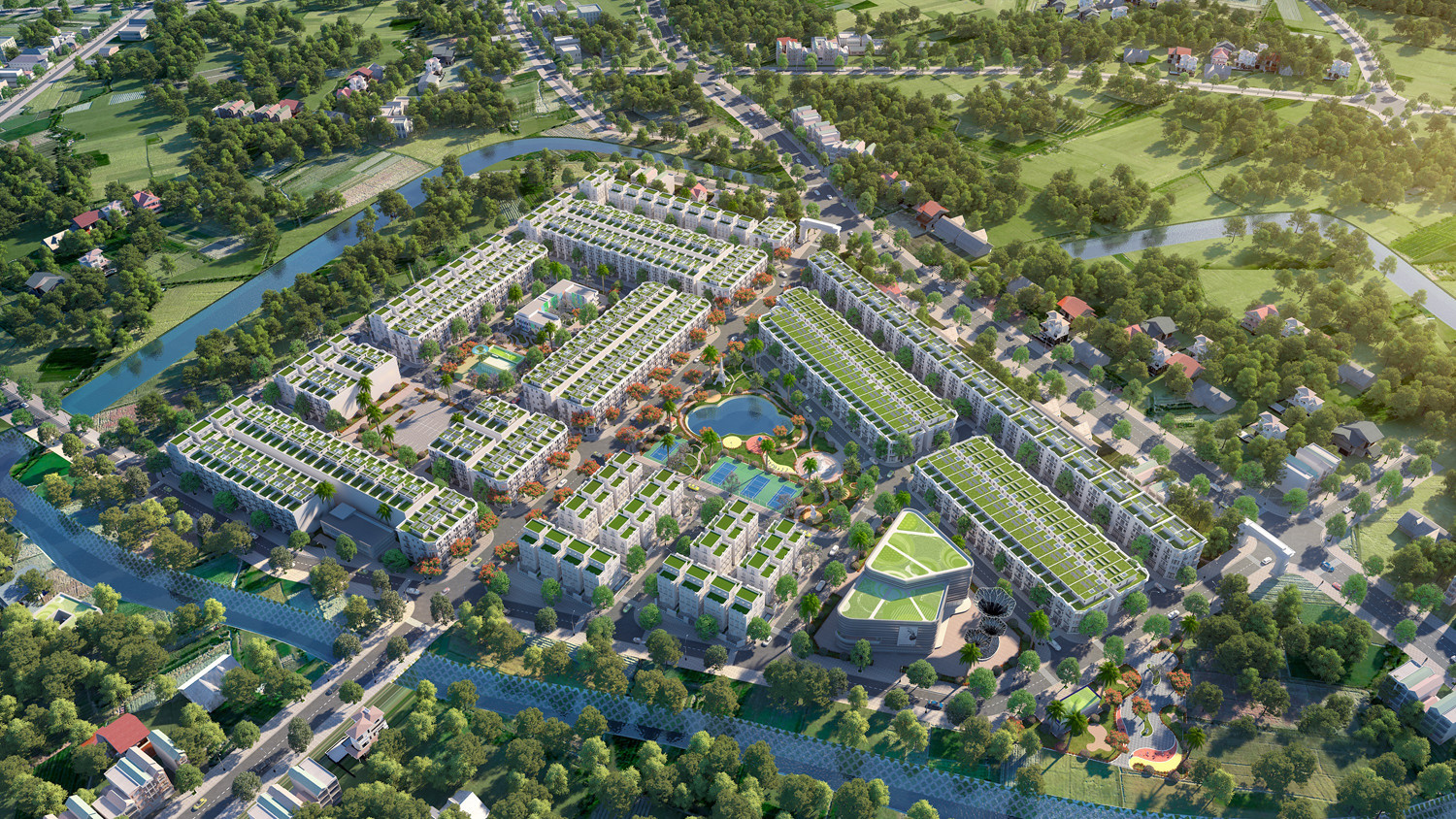
Vo Hong Thang, deputy CEO of DKRA Vietnam, said at a workshop on the real estate market in late 2024 and early 2025 held on October 10 that he could see positive signs in the third quarter. About 18,000 products were launched, while the number of products sold in the affordable market segment increased significantly.
In HCM City, apartments priced below VND60 million per sq m and land plots in adjacent provinces such as Binh Duong priced at VND30 million per sq m are catching attention from the public.
The secondary apartment market is also bustling with transaction prices increasing by 5-9 percent compared with the same period last year.
Particularly, the ground market provided 9,000 products in the third quarter, up 17 percent. He predicted that land plots with clear legal status and residential land in urban areas with existing residents will continue to be scarce, with the consumption rate increasing by more than 30 percent.
However, the positive signs don’t mean all problems of the real estate market have been settled. The resort real estate market is still facing obstacles as realtors’ commitments about profits have not turned realistic. The other problems include the impact from Covid-19 and legal disputes.
“The market segment needs more time to solve problems and become stable again,” Thang said.
According to HOREA (HCM City Real Estate Association) chair Le Hoang Chau, the most difficult days of the HCM City market are over, but challenges still exist.
In the first nine months of 2024, the market gained a growth rate of 6-7 percent, which meant visible recovery. However, the housing supply still has a shortage, with just nine projects approved in the first eight months of the year, and most are small ones. The largest project has an area of five hectares only.
Housing prices continue to escalate, which makes it even more difficult for people to access housing products. According to Chau, prices have increased by 15-20 percent because of short supply. He called for a mechanism to better support laborers through adjustments in regulations on guesthouse management stipulated in the Housing Law.
Local newspapers reported that apartment prices in Vinh City in Nghe An have soared over the last few months, giving a start to both real estate traders and people.
Like in other localities, the shortage has been cited as the major reason behind the price hike. Nghe An provincial authorities have temporarily stopped licensing new apartment projects in the inner city.
Nguyen Van Duc, a resident at Arita apartment block in Quan Bau ward of Vinh City, said the apartment prices have skyrocketed in the last three months, from VND23 million per sq m in May 2024 to VND28-29 million per sq m.
“The price of a 55 sq m apartment increased from VND1.2 billion three months ago to VND1.5 billion now,” he said.
“A buyer wanted to buy my apartment, 63 sq m, at VND1.7 billion, which means that the price has increased by VND300 million just after some months,” he said, adding that he has never seen such a sharp price increase.
Foreign investors
Su Ngoc Khuong from Savills Vietnam, who attended the workshop, stressed that foreign investors are facing difficulties in accessing the real estate market in the large cities of Hanoi and HCM City.
“The real estate market for foreign investors is extremely large, but it is difficult to access except for projects with full legal status recognized 5-7 years ago,” Khuong said.
While international investors are still interested in industrial real estate market segment, Khuong said, their opportunities in the housing market segment are modest. The obstacles in legal status and land bank access have caused the investment process to slow down. Therefore, they have shifted to other market segments, such as infrastructure and Industrial zone development.
Nevertheless, leading experts still give positive predictions about the market in the long term as can see many driving forces for the market in the future.
Pham Lam, deputy chair of the Vietnam Association of Realtors (VAR), said that clear policies, infrastructure development, new capital sources, stable credit and high liquidity will help the market prosper.
“The government of Vietnam has been serious in deploying infrastructure projects, especially in the north and the south,” he said. “Infrastructure improvement will be an important factor to boost the development of the real estate market."
Vo Tam